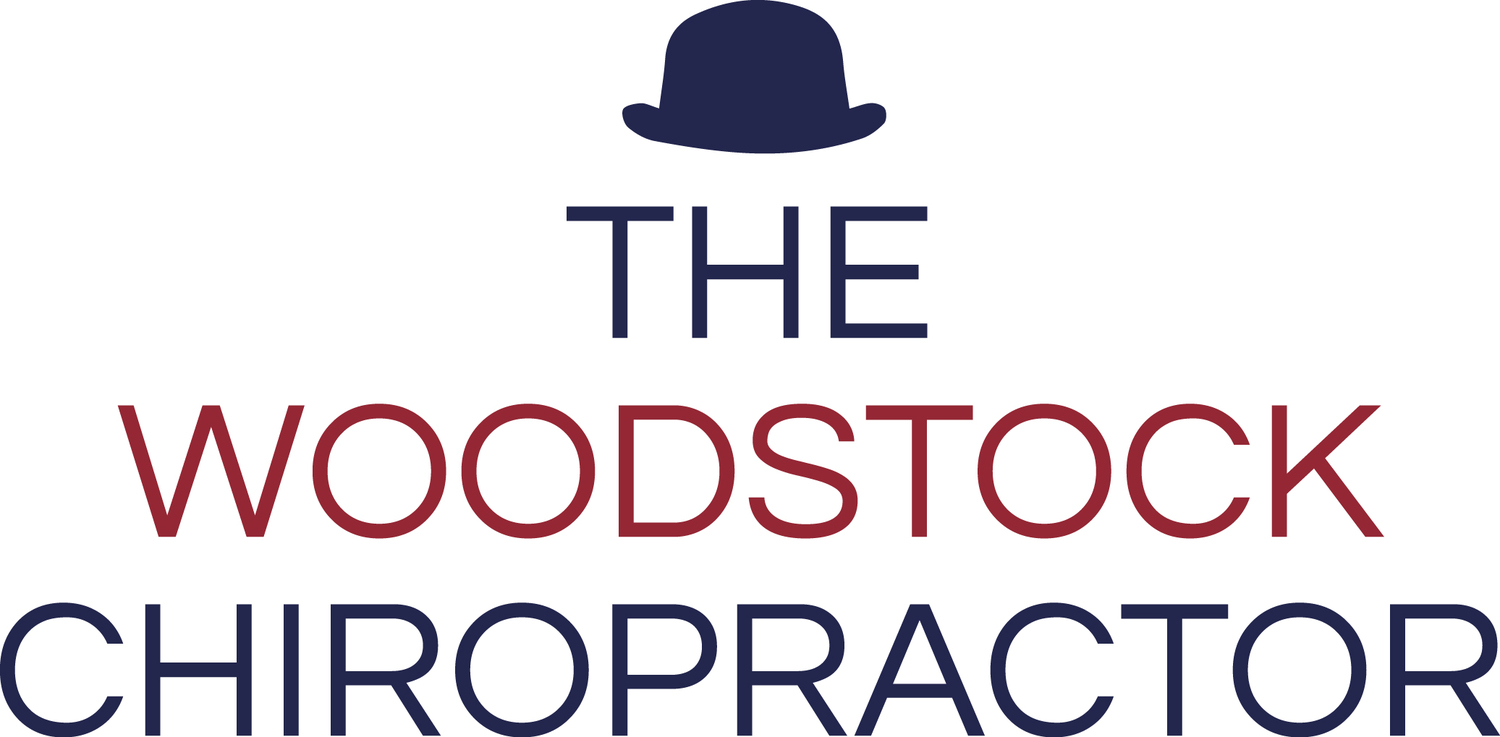What is Vitamin D and is deficiency common?
Vitamin D, most of us know it as the sunshine vitamin and whilst we get the majority of our intake from the sun, we also get vitamin D from fish, red meat, milk and mushrooms. So, if you’re lactose intolerant or follow a vegan diet then you may be at risk of vitamin D deficiency.
In fact, according to NHS England approximately 25% of people in the UK are deficient and nearly three quarters are in the lower range. Due to increasing cloud coverage and rainfall in the UK vitamin D deficiency is an increasing issue. Last year scientists made a connection between UK climate change and an increasing prevalence of rickets.
What are the effects of Vitamin D deficiency?
Amongst children the effects can be profound as it can lead to growth complications dental issues, decreased height as well as weak and brittle bones.
In adult’s vitamin D is also important for maintaining strong and healthy bones however it also plays an important role in a number of other biological functions. Deficiency can lead to increased cardiovascular problems, cognitive impairment amongst older adults, muscle pain, hair loss and even an increased risk of cancer. Recent studies even show that higher levels of vitamin D may help to reduce the effects of covid-19.
Should you be supplementing?
The short answer is yes! In 2016 Public Health England published new guidelines stating that everyone over the age of one should be supplementing their diet as the levels of sunlight in the UK are not always sufficient. Their recommendations are for 10 micrograms per day which is the standard amount found in over the counter supplements.

